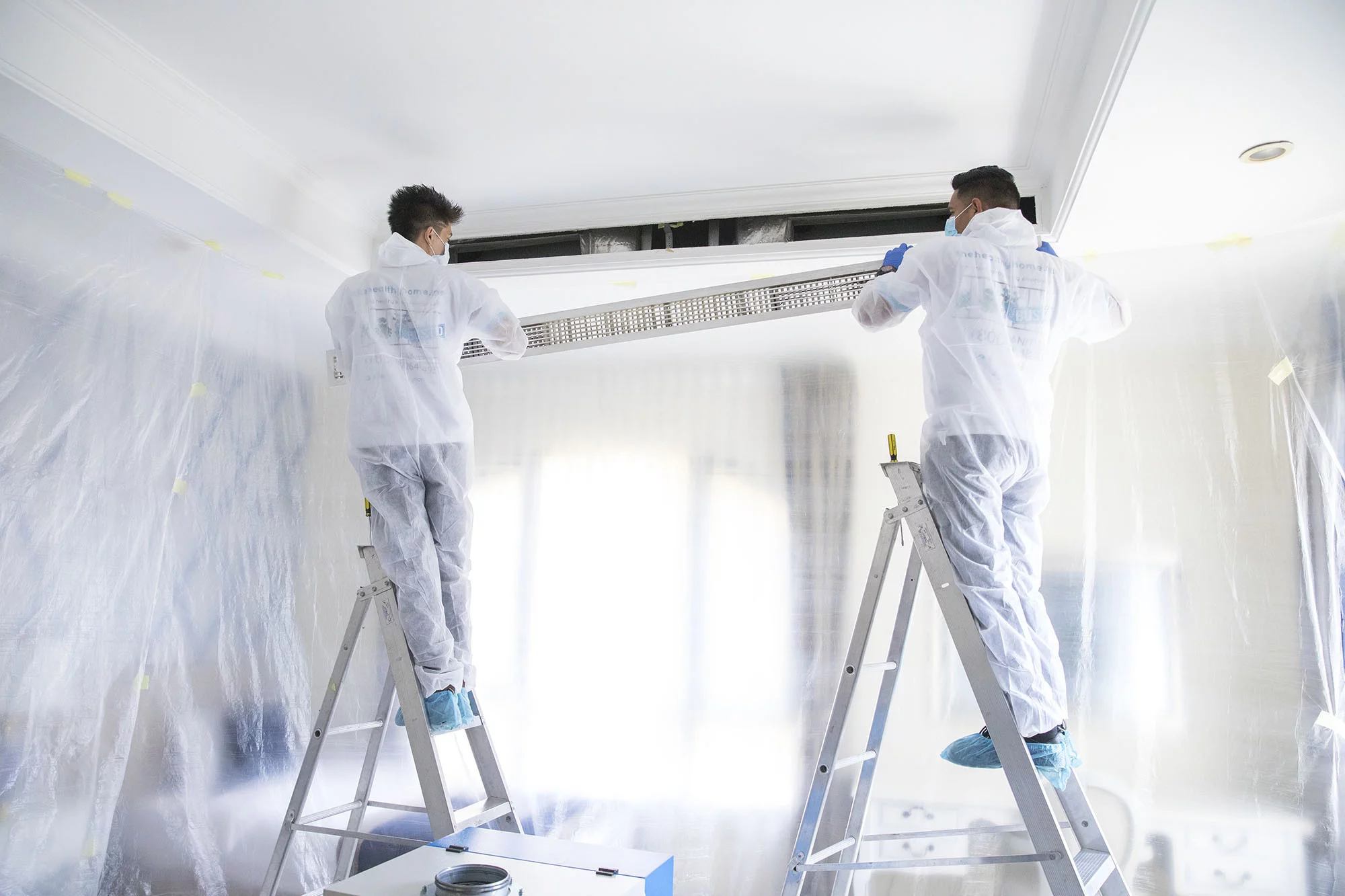)
Are you questioning whether repairing your aging air conditioning unit is worth the cost? When issues arise, repairing AC might seem like the immediate solution. However, before making a decision, it's crucial to evaluate several factors. In this blog, we’ll explore what to consider to determine if repairing your AC is the best option for you. Before deciding whether to repair or replace your AC, consider the following:
Generally, a well-maintained AC unit can last 15 to 20 years. If your air conditioner is over ten years old, it’s often more cost-effective to opt for a replacement rather than repair. However, if your unit is under ten years old, repairing AC is typically the better choice, provided the issues are not severe.
When deciding between repairing or replacing your air conditioning unit, it's crucial to weigh the repair cost against your budget. If the repair cost is less than 50% of a replacement and the system requires only occasional repairs, repairing AC is usually a sensible choice. However, if the repair is costly and the unit is nearing the end of its lifespan—particularly if it’s over ten years old—considering a replacement may be more practical.
Another important factor to evaluate is the frequency of repairs needed for your current system. If your air conditioner has been operating smoothly with minimal issues, repairing it may be justified. However, if you frequently find yourself calling for emergency AC repair services, investing in a new system could be more cost-effective than continually spending on an old, unreliable unit.
SEER (Seasonal Energy Efficiency Ratio) measures how efficiently your AC operates, with higher ratings indicating better energy use. Since January 2023, SEER2 has replaced SEER, with new units in the Southern US required to have at least a 14.3 SEER2 rating.
If your older 12 SEER unit is frequently in need of repairs, upgrading to a 16 SEER2 model could save up to 40% on cooling costs annually. Since efficiency typically declines with age, replacing a 15-year-old unit could boost savings even further. Consider using our SEER Energy Savings Calculator to see how upgrading could reduce both your repair costs and energy bills.
Regular maintenance is crucial for ensuring your air conditioner’s reliability, efficiency, and lifespan. In fact, 50% of costly AC issues can be avoided with proper care. If you’ve been diligent about scheduling annual AC maintenance services, your AC will likely perform better and last longer. On the other hand, neglecting this annual upkeep can lead to more frequent repairs and may necessitate an earlier replacement of the system. For added convenience, consider an annual maintenance contract (AMC), which provides year-round service without the need to schedule each visit individually, ensuring your system remains in optimal condition throughout the year.
Assessing the damage to your aging AC unit is crucial for deciding whether repairing AC or replacing it is the best option. Complex issues, such as refrigerant leaks or compressor failures, require a professional technician for accurate diagnosis and effective repair. Regular preventative maintenance by a professional can also extend your AC’s lifespan, enhance efficiency, and help prevent costly repairs.
Repairing an aging AC unit can revitalize your home’s cooling system, similar to how a tune-up enhances a car’s performance. However, if your AC is over 10 years old and requires significant repairs, replacing it with a newer, more efficient model might be more cost-effective. Upgrading to a more efficient HVAC unit not only improves comfort but also reduces energy costs, making it a smart alternative to extensive repairing AC.